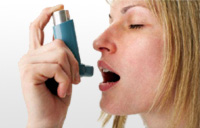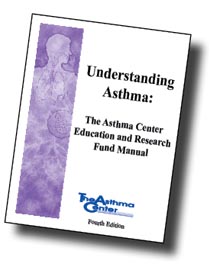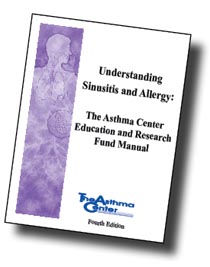What is sinusitis?
Sinusitis is an inflammatory condition involving the mucous membranes of the sinuses. Inflammation is usually the result of an infection and/or allergy. The sinuses are air filled cavities in the skull covered with mucous membranes, existing within the cheekbones and around and behind the eyes.
You can be affected by sinusitis at any age, from infancy to your senior years.
Symptoms
Typical symptoms of sinusitis include: congestion, thickened post nasal drip, discolored mucus from the nose, facial pain and pressure, headaches, cough, toothache, reduced sense of smell or taste, bad breath and constant throat clearing. You may also develop fatigue, tiredness, poor concentration and rarely hives.
The cause
Sinusitis in most cases is related to blockage of mucous flow from the sinus cavity into the nose. This blockage may be related to inflammation, allergies, polyps, or congenital abnormalities. Once the sinus openings are obstructed, virus or bacteria present within the mucous lined cavity can begin to multiply and invade tissues resulting in further inflammation and pressure.
Types
In general there are two main types of sinusitis:
Acute sinusitis: Symptoms begin over a short period of time and are usually caused by bacterial infections, allergies, or a viral infection such as the common cold; symptoms usually resolve over a few days to a few weeks (less than 4 weeks).
Chronic sinusitis: Symptoms persist longer than 12 weeks and can recur over many years and are most often caused by bacterial infections, fungal infections and chronic allergies.
Risk factors
There are several factors that increase risk including: allergies, disorders of the immune system (immunodeficiency), anatomic abnormalities (for example, nasal polyps), changes in air pressure (for example: air travel, scuba diving) and reactions to irritants, pollutants and secondhand tobacco smoke.



